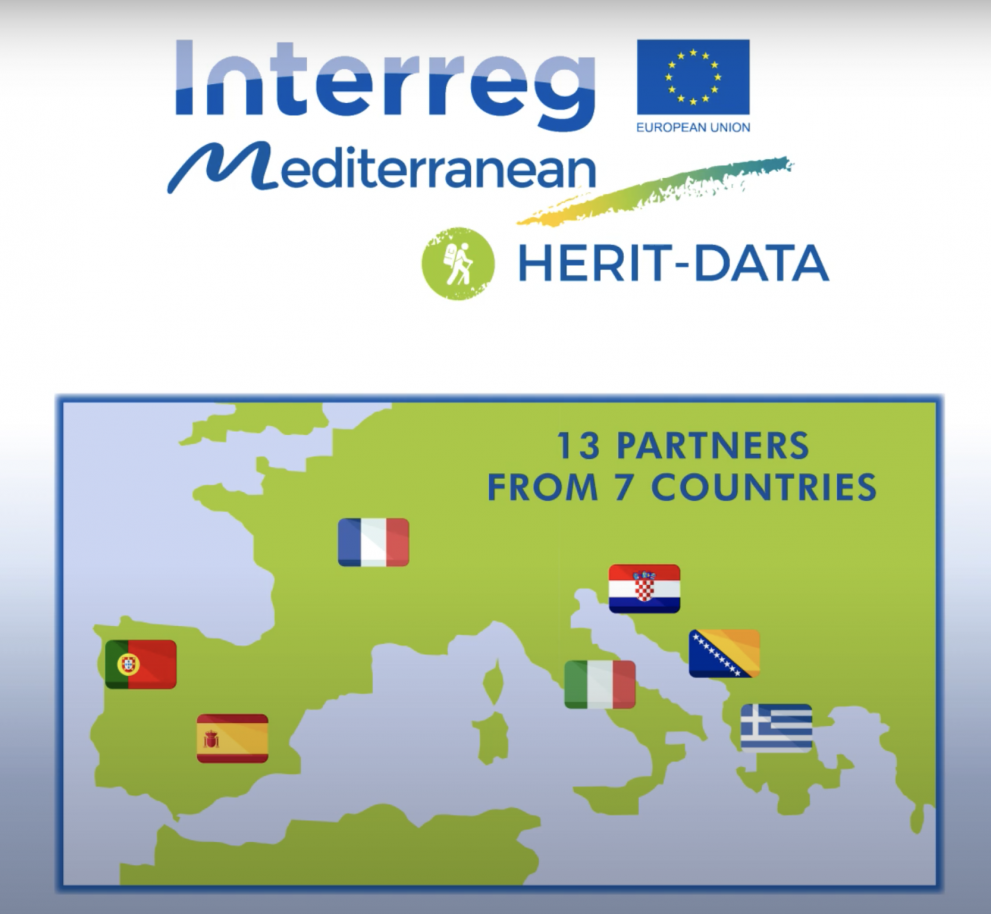City of historic greatness
Florence has 360,000 inhabitants in 102kmq. The Arno River runs through the city and its two banks are connected by a series of bridges, including the famous Ponte Vecchio. The surrounding hills, a typical Tuscan landscape, provide a harmonious backdrop. Florence was named a UNESCO World Heritage Site in 1982 and is a well-known tourist destination, counting the greatest concentration in the world of museums, churches, historic buildings and artworks. In 2019 approximately 1,340,000 people visited the Civic Museums, and the complex of Duomo, Battistero, Campanile di Giotto and Museo dell’Opera attracted an average of over 1.4 million visitors. In 2020, Florence’s museums ranked at the top of the most visited national sites: Galleria degli Uffizi (1st place), Galleria dell’Accademia (4th), Musei del Bargello (11th). Before Covid-19, arrivals were over 4 million (excluding daily visitors, about 5 million per year) and overnight stays of over 11 million.
Innovating in a UNESCO World Heritage Site
Florence has implemented several multilingual apps and resources, as well as physically altering the older and thus more challenging city areas, to increase accessibility. Florence has the largest European pedestrian area in the city centre and the highest number of disabled parking spaces in Italy. It has invested in the modernisation of its transport network and infrastructure, as well as promoting eco-friendly behaviours by raising awareness about the consequences of certain transport habits. The city has also set up the UNESCO Management Plan which focuses on preventing the negative impacts of mass tourism on cultural heritage. Florence has been committed to keeping the city clean and safe, and providing an efficient public transport service thanks to the Tourist Tax: up to €5 per visitor per night. Moreover, Florence works on many projects to manage tourist flows: Be.Long is an initiative that helps foreign and offsite students, smart workers, startuppers and temporary residents to “fully belong” in the city. The project aims to repopulate the historic centre with the next generation of residents and medium- to long-term rentals. Moreover, surveys suggest that the possibilities afforded by remote working have prompted 37% of the world’s workforce to consider moving location. Be.Long is keen to promote Florence as a smart destination for these new mobile breeds of employee. To promote smart communities, #EnjoyRespectFirenze is the awareness campaign to encourage "good practices" while living in the city and better organize your stay, thus respecting each other and the environment. The city of Florence is also one of the pilot sites of the HERIT-DATA project. The key objective is to develop and test a new management tool based on artificial intelligence through the collection and further generation of data. This will be used to benefit varying groups in the city.
Cultivating the arts in the face of a pandemic
Florence is continuously developing innovative ways to keep it at the forefront of smart tourism. Even during the COVID-19 pandemic, the city persevered. During the lock-down phase, to keep alive the interest of visitors who could not physically experience the cultural heritage, an artistic programme called “Inverno Fiorentino” was created. This entailed a series of online events. Through a public call, 79 projects were selected and funded by the city. Subsequently, to signal a cultural restart and rebirth after the months of the pandemic, Estate Fiorentina 2021 (a public-private collaboration involving 146 cultural associations) has planned 4 months full of mainly free events, designed for several target audiences.

Decision making based on artificial intelligence

The city of Florence is also one of the pilot sites of the HERIT-DATA project. The key objective is to develop and test a new management tool based on artificial intelligence through the collection and further generation of data.
HERIT-DATA project, following these needs, aims to a better analysis and management of anthropic activities and impacts on cultural heritages, by means of ICT technologies and data exploitation, in order to mitigate the anthropogenic impact on cultural heritages and touristic attractors, thanks to a more efficient management of flows, allowing at the same time the discovery of less known cultural treasures on the territories. Please follow this link to learn more about the Herit-Data project "Herit-Data in a nutshell"
The results will contribute among the many to improve and ease the decision-making processes run by public administration & tourism or heritage managing bodies.
Find out more: https://www.feelflorence.it/



